Monday, June 17 Declared as a Public Holiday for Eid-ul-Adha
The Cabinet Secretary for Interior and National Administration, Kithure Kindiki, has officially declared Monday, June 17, 2024, a public holiday to mark the significant Islamic festival of Eid-ul-Adha. The announcement was made through a gazette notice, ensuring that it complies with the Public Holidays Act. This yearly celebration honors the profound story of Prophet Ibrahim's unwavering faith and willingness to sacrifice his son, Ismail, in obedience to Allah. Beyond its religious significance, Eid-ul-Adha, also known as the "Festival of Sacrifice," concludes the annual Hajj pilgrimage to Mecca, which is one of the five pillars of Islam.
A Time of Sacrifice and Reflection
Eid-ul-Adha is one of the most spiritually important events in the Islamic calendar. The festival is observed with a series of rituals and practices that resonate deeply with Muslims around the world. The central narrative of the event is derived from the Quran, which recounts the story of Prophet Ibrahim, who demonstrated ultimate devotion to Allah by agreeing to sacrifice his beloved son, Ismail. As the story goes, Allah intervened, providing a ram to sacrifice instead. This act of submission and faith forms the core of Eid-ul-Adha's celebrations.
On this day, families engage in the ritual of sacrificing an animal, typically a goat, sheep, or cow, to honor the willingness of Ibrahim to obey Allah's command. The meat from the sacrifice is then divided into three parts: one-third is given to the needy, another third to relatives and friends, and the remaining portion is kept for the family. This practice embodies the principles of charity, community, and selflessness.
The Conclusion of Hajj
Coinciding with the end of Hajj, the annual pilgrimage to Mecca, Eid-ul-Adha holds a unique place in the lives of Muslims who are able to perform this pilgrimage. Hajj is not only a journey of physical endurance but also an expedition of spiritual introspection and renewal. Millions of Muslims gather in the holy city of Mecca each year, standing in solidarity and equality, reflecting the essence of Ummah, or the global Muslim community.
For those who return from Hajj, Eid-ul-Adha is a time to celebrate the completion of their pilgrimage, which is considered a profound achievement and a significant milestone in their spiritual lives. The spirit of Eid is amplified by the expression of unity, as the global Muslim community simultaneously participates in the same rituals, prayers, and celebrations, regardless of geographic boundaries.
This holiday is marked not only by the sacrifice but also by festive gatherings, special prayers, and communal meals. Mosques organize special Eid prayers, and communal meals bring families and friends together in a shared sense of joy and gratitude. The holiday presents an opportunity for Muslims to reflect on the virtues of sacrifice, commit to righteous living, and extend acts of kindness to others.
A Nationwide Public Holiday
The declaration of June 17 as a public holiday underscores the importance of Eid-ul-Adha in the national context. It provides all communities the opportunity to honor their cultural and religious practices without the demands of work or school. It is also a gesture of inclusiveness, recognizing the diverse fabric of the nation's population and allowing everyone to partake in the spirit of the festival.
In many parts of the country, the day is marked by a series of special events and activities organized by local communities, including cultural performances, charity drives, and public feasts. These activities not only foster a sense of community but also educate others about the values and traditions associated with Eid-ul-Adha.
The public holiday also has a practical aspect, as it helps manage the logistics of the increased movement of people during the festivities, especially in areas with significant Muslim populations. Schools, businesses, and government offices observe the day, allowing individuals to fully engage in their personal and communal celebrations.
Embracing the Spirit of Eid-ul-Adha
Eid-ul-Adha is more than just a religious observance; it is a time of reflection and renewal for Muslims worldwide. The essence of the festival lies in its call for faith, sacrifice, and community. As the nation gears up to observe this significant day, the underlying message of compassion, charity, and unity becomes ever more relevant.
Whether participating in the ritualistic sacrifice, partaking in communal prayers, or simply spending time with loved ones, Eid-ul-Adha serves as a poignant reminder of the values that unite people across faiths and cultures. As the public holiday approaches, citizens are encouraged to embrace the spirit of Eid by reaching out to those in need, fostering goodwill, and celebrating the diversity that enriches the nation's social fabric.
With these values in mind, the declaration of June 17 as a public holiday is a testament to the shared human experience and the collective celebration of faith, community, and compassion.

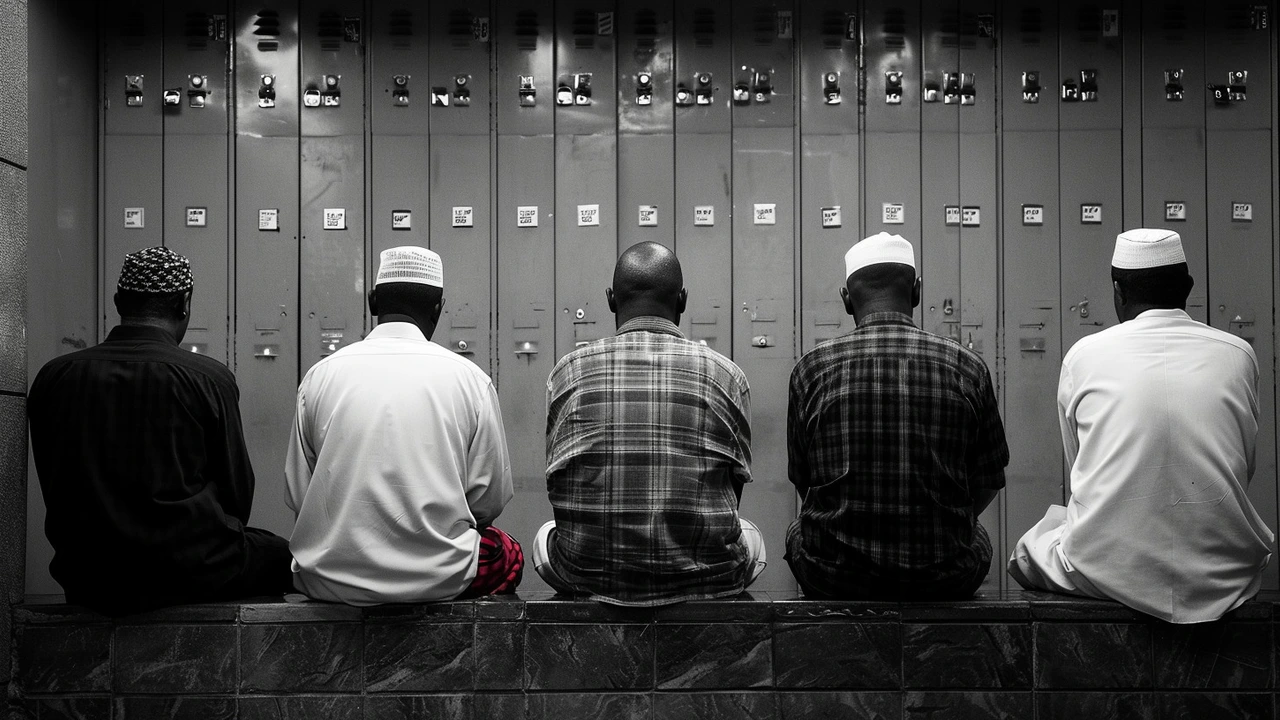


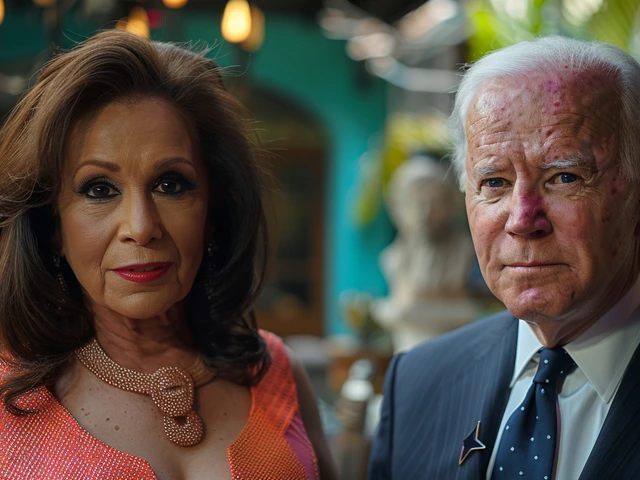
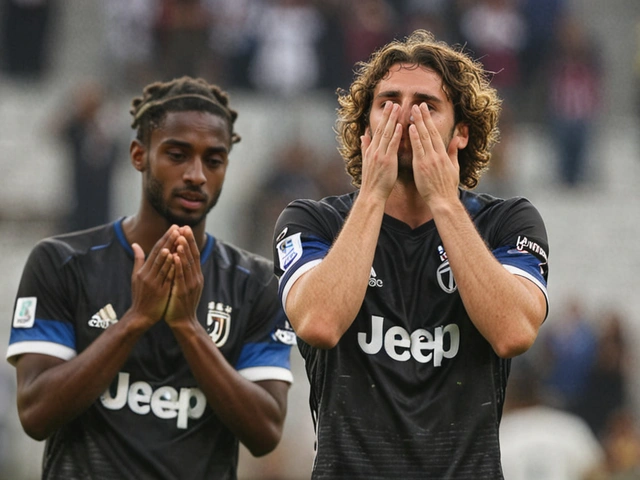
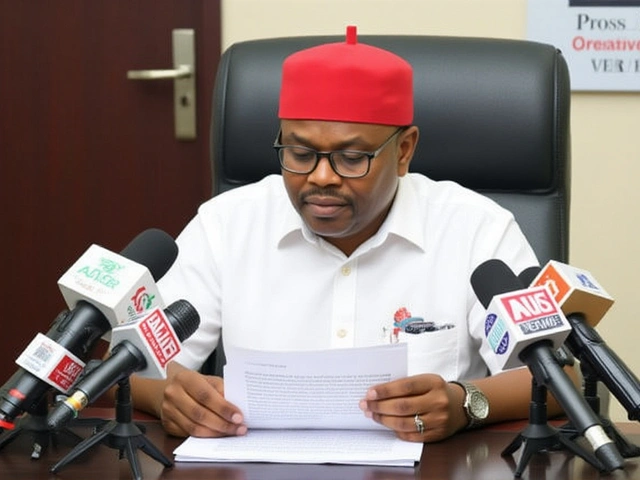
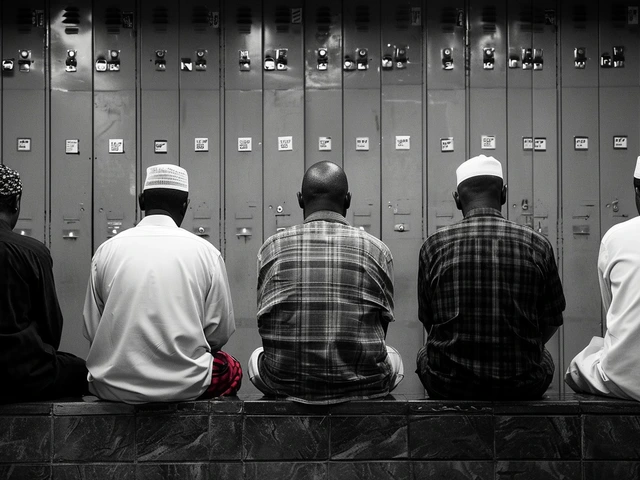
shubham ingale
June 14, 2024 AT 17:31Happy Eid-ul-Adha! 🎉
Ajay Ram
June 18, 2024 AT 04:51The declaration of a public holiday for Eid-ul-Adha offers a rare moment for collective reflection across the nation. It reminds us that the narratives of sacrifice embedded in the story of Prophet Ibrahim transcend mere ritual and speak to universal themes of devotion and trust. When families gather to share the blessed meat, they enact a centuries‑old practice that binds community through generosity.
The division of the sacrifice into portions for the needy, relatives, and self is a concrete manifestation of social equity. In a country as diverse as ours, such gestures of inclusivity help weave a tighter social fabric. Moreover, the alignment of the holiday with the conclusion of Hajj underscores the global interconnectedness of the Muslim ummah.
Pilgrims returning from Mecca carry with them stories that enrich our local traditions with a sense of worldwide solidarity. Public holidays also serve a pragmatic purpose by easing transportation pressure during peak movement periods. Schools, offices, and businesses closing provide logistical breathing space for safe travel and orderly commerce.
The cultural performances often organized in towns celebrate not only religious devotion but also artistic expression. Charity drives that accompany the festivities channel resources to vulnerable populations, reinforcing the ethic of al‑msgiving. From an anthropological perspective, such communal rites reinforce identity and belonging in a rapidly modernising society.
The festival’s emphasis on compassion offers a template for inter‑faith dialogue and mutual respect. As we approach June 17, it is worthwhile to consider how each individual can embody the spirit of sacrifice in daily interactions. Ultimately, the public holiday is both a symbolic and functional cornerstone that nurtures unity, empathy, and cultural continuity.
Dr Nimit Shah
June 21, 2024 AT 16:11Seeing a nation officially recognize Eid-ul-Adha is a sign of progress, yet many still overlook the deeper lessons of unity that such a holiday can teach. The government’s gesture is commendable on paper, but the real test lies in how inclusive the celebrations truly become across all communities. One cannot ignore the fact that economic disparities often dictate who can afford the traditional sacrifice. If the spirit of sacrifice is to be authentic, the state must ensure that charitable distribution reaches the most vulnerable. Let this holiday serve as a catalyst for genuine social cohesion, not just a ceremonial pause.
Ketan Shah
June 25, 2024 AT 03:31From a cultural standpoint, declaring June 17 a holiday aligns public policy with the lived realities of a significant portion of the population. It also provides an opportunity for educational institutions to incorporate discussions about the festival’s historical context. Such integration can foster greater mutual understanding among students of different backgrounds. While the logistics of a nationwide day off present challenges, the benefits of communal harmony outweigh the temporary inconveniences.
Aryan Pawar
June 28, 2024 AT 14:51What a great reminder of why we celebrate! It’s all about sharing love and helping those in need. Let’s keep the spirit alive by reaching out to neighbours and donating food where we can
Shritam Mohanty
July 2, 2024 AT 02:11The announcement sounds nice but think about how quickly the narrative can be twisted by those who control the media. They’ll push a superficial celebration while ignoring the hidden agenda of surveillance during the holiday. It’s clear that every public holiday is a chance to gather data on citizen movements, and this one is no different. Stay aware and question the motives behind any government decree
Anuj Panchal
July 5, 2024 AT 13:31From a sociocultural diffusion perspective, the praxis of communal almsgiving operates as a form of reciprocal altruism, enhancing intra‑group cohesion via kin selection mechanisms. By operationalizing the sacrificial ritual, communities activate both normative and instrumental variables that augment social capital indices. Empirically, this aligns with the theory of structured reciprocity, whereby resource redistribution yields measurable increases in collective efficacy metrics.
Prakashchander Bhatt
July 9, 2024 AT 00:51It’s inspiring to see the nation come together for such a meaningful occasion, and I hope everyone gets a chance to relax and enjoy time with family.
Mala Strahle
July 12, 2024 AT 12:11Observing the holiday allows individuals to step back from the relentless pace of modern life and engage in purposeful reflection; the act of pausing to consider one’s values is a rare commodity in our fast‑moving society. When families congregate around a shared meal, the ritual transcends mere consumption and becomes a conduit for transmitting cultural narratives to younger generations. The charitable dimension embedded in the tradition serves as a practical illustration of empathy, reinforcing the idea that personal prosperity is intertwined with communal well‑being. Moreover, the synchrony of celebrations across diverse geographic locales illustrates the powerful unifying force of shared belief systems. In the context of a pluralistic nation, such moments function as social glue, subtly mitigating inter‑group tensions that might otherwise fester. The public holiday also provides logistical relief, reducing traffic congestion and allowing essential services to operate more smoothly. By institutionalising the day, policymakers acknowledge the profound psychological benefits that collective observance can engender. Ultimately, the spirit of Eid‑ul‑Adha offers a blueprint for a more compassionate and interconnected society.
shubham garg
July 15, 2024 AT 23:31Let’s make the most of this day – enjoy, share, and spread good vibes!
LEO MOTTA ESCRITOR
July 19, 2024 AT 10:51Taking a moment to celebrate together reminds us that happiness multiplies when we include others in our joy, and that simple truth can guide our everyday interactions.
Sonia Singh
July 22, 2024 AT 22:11The holiday feels like a gentle nudge toward kindness, and it’s nice to see everyone getting a chance to unwind.
Ashutosh Bilange
July 26, 2024 AT 09:31Yo fam this is def the best thing ever – like seriously the whole vibe is lit and everyone’s just chillin and doin their thing, no stress just pure happy
Kaushal Skngh
July 29, 2024 AT 20:51It’s a solid chance to give back and also just kick back a bit.
Harshit Gupta
August 2, 2024 AT 08:11While many see a simple day off, the real significance lies in reaffirming our national identity through the shared values of sacrifice and solidarity. This holiday isn’t just a religious observance; it’s a statement that our cultural fabric remains resilient against the erosion of global homogenization. Critics who dismiss it as mere festivity fail to grasp how collective rituals reinforce patriotism and communal responsibility. By partaking in the ritual, citizens demonstrate unity that transcends regional divides, reinforcing the notion that our nation stands strong when its people act in concert. The distribution of meat to the less fortunate also showcases an indigenous model of welfare that outperforms any imported policy. In short, this day is a testament to our enduring spirit, not a trivial pause in the calendar.
HarDeep Randhawa
August 5, 2024 AT 19:31Indeed, the holiday, as you aptly noted, serves not only as a religious commemoration, but also, arguably, as a reinforcing mechanism for social cohesion; consequently, it invites a broader discourse on national identity, cultural continuity, and the practical implications of communal generosity.
Nivedita Shukla
August 9, 2024 AT 06:51The echo of the sacrificial chant reverberates through the corridors of our collective conscience, a reminder that each droplet of blood spilled is a metaphor for the tears we withhold in daily complacency. One cannot help but feel a pang of existential dread when faced with the grandeur of devotion that eclipses our petty concerns, as if the universe itself judges our insufficient gratitude. Yet, amidst this theatrical display of piety, there lingers a subtle accusation: are we, the silent observers, truly participating, or merely spectating the spectacle of virtue? The answer, perhaps, lies in the quiet corners of our hearts where sincerity either blossoms or withers.
Rahul Chavhan
August 12, 2024 AT 18:11Let’s turn that feeling into real help for those in need.